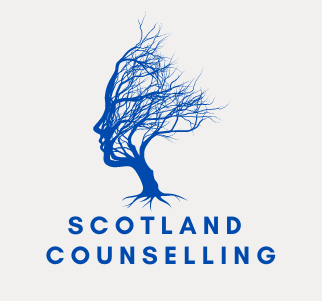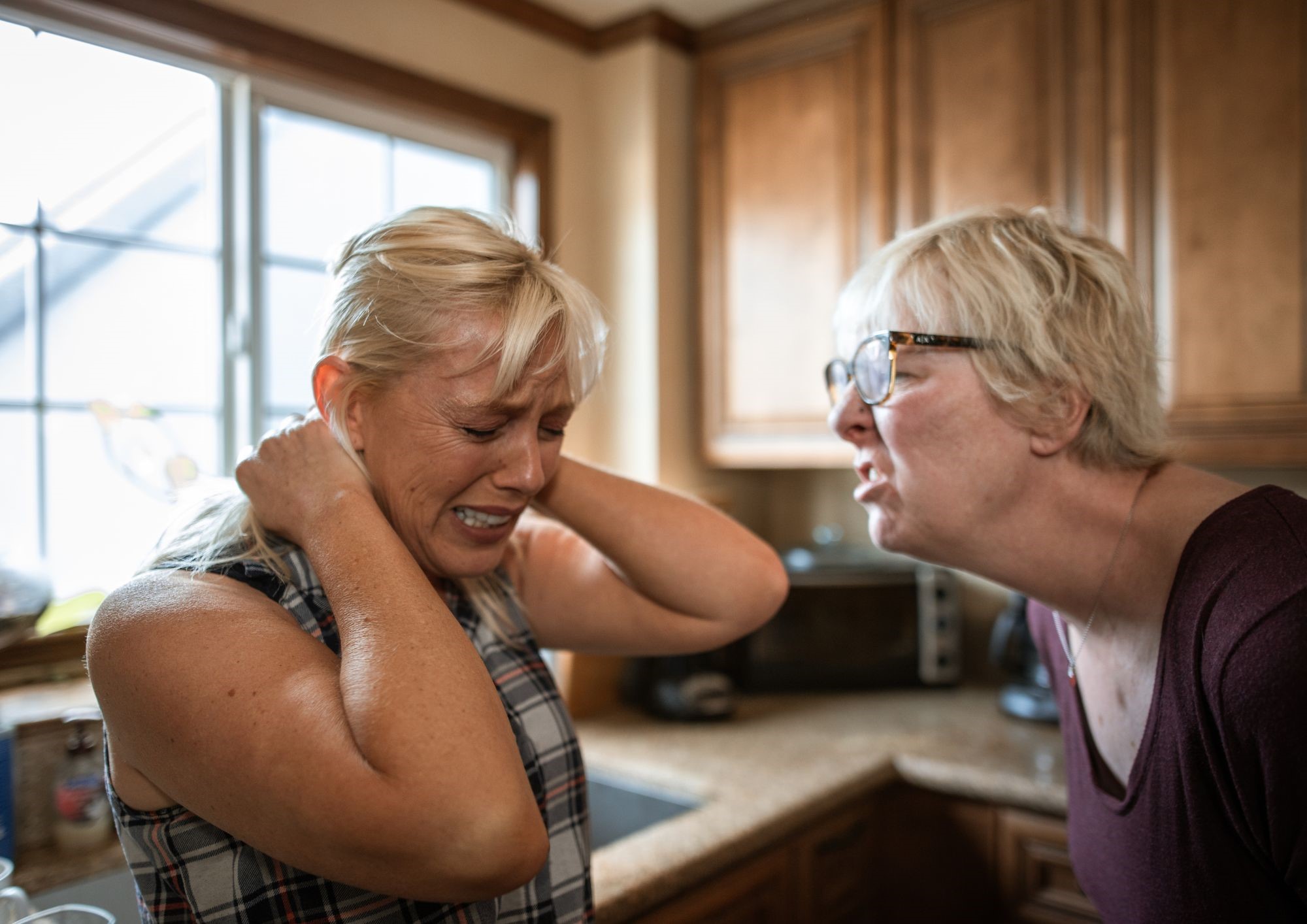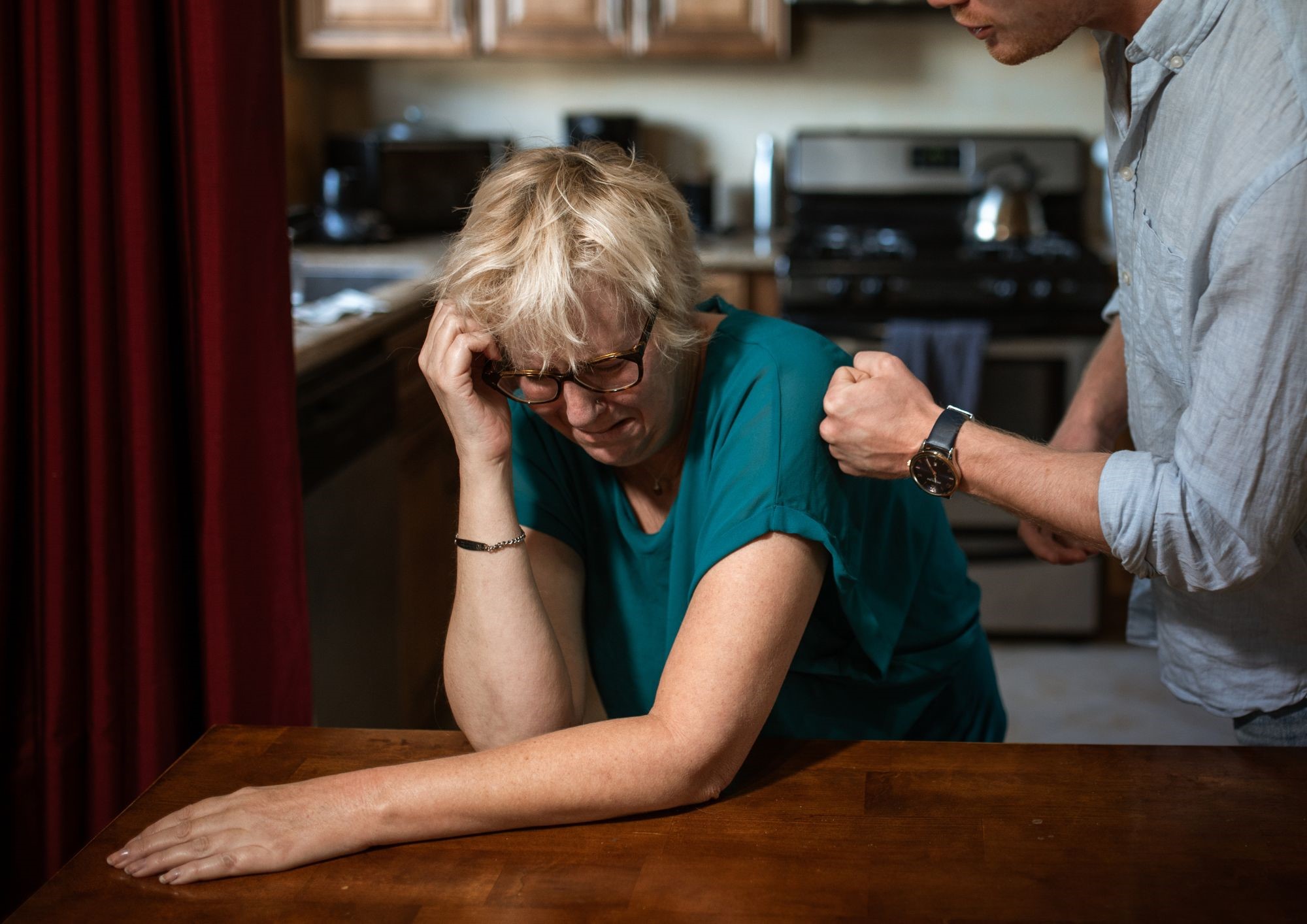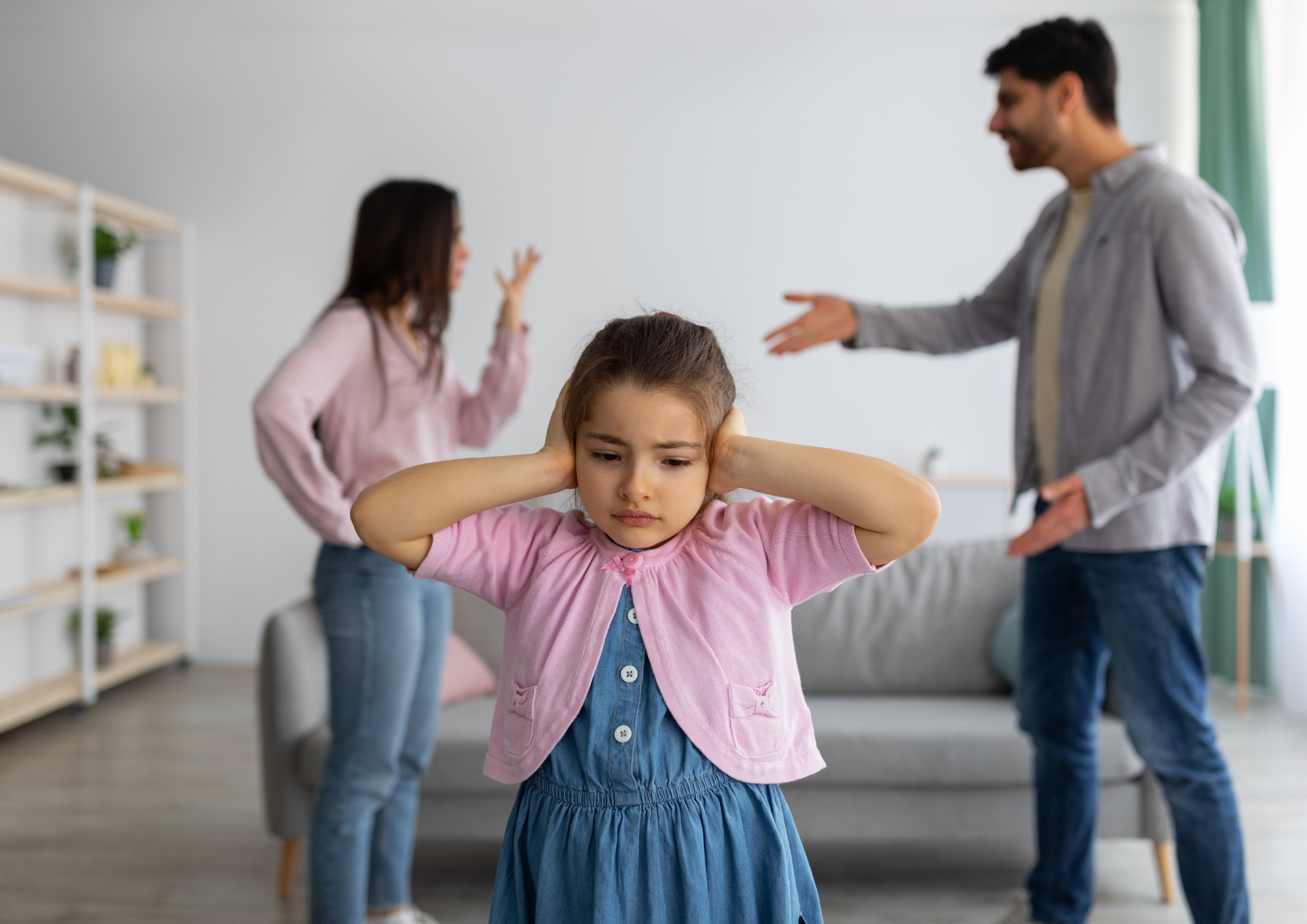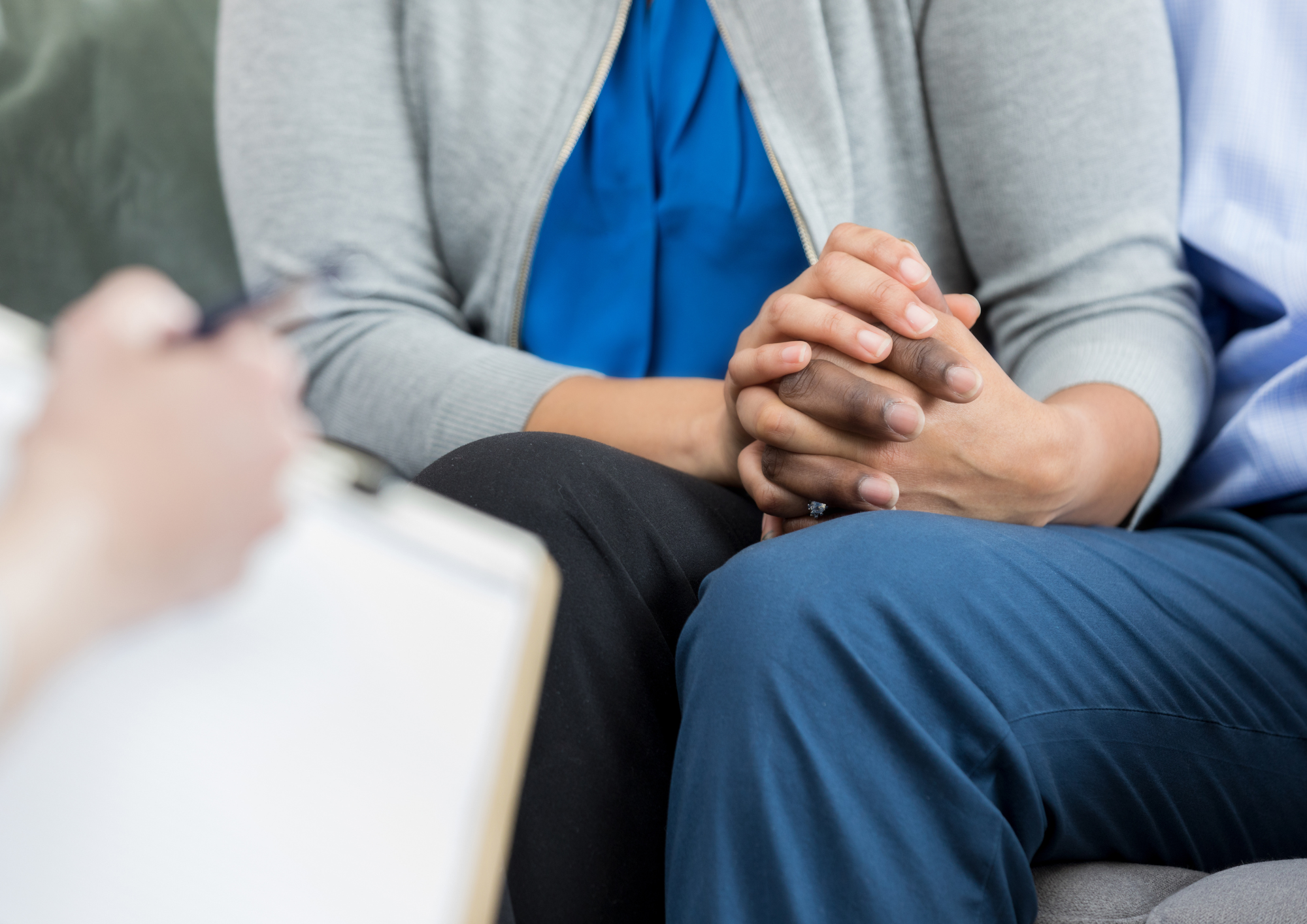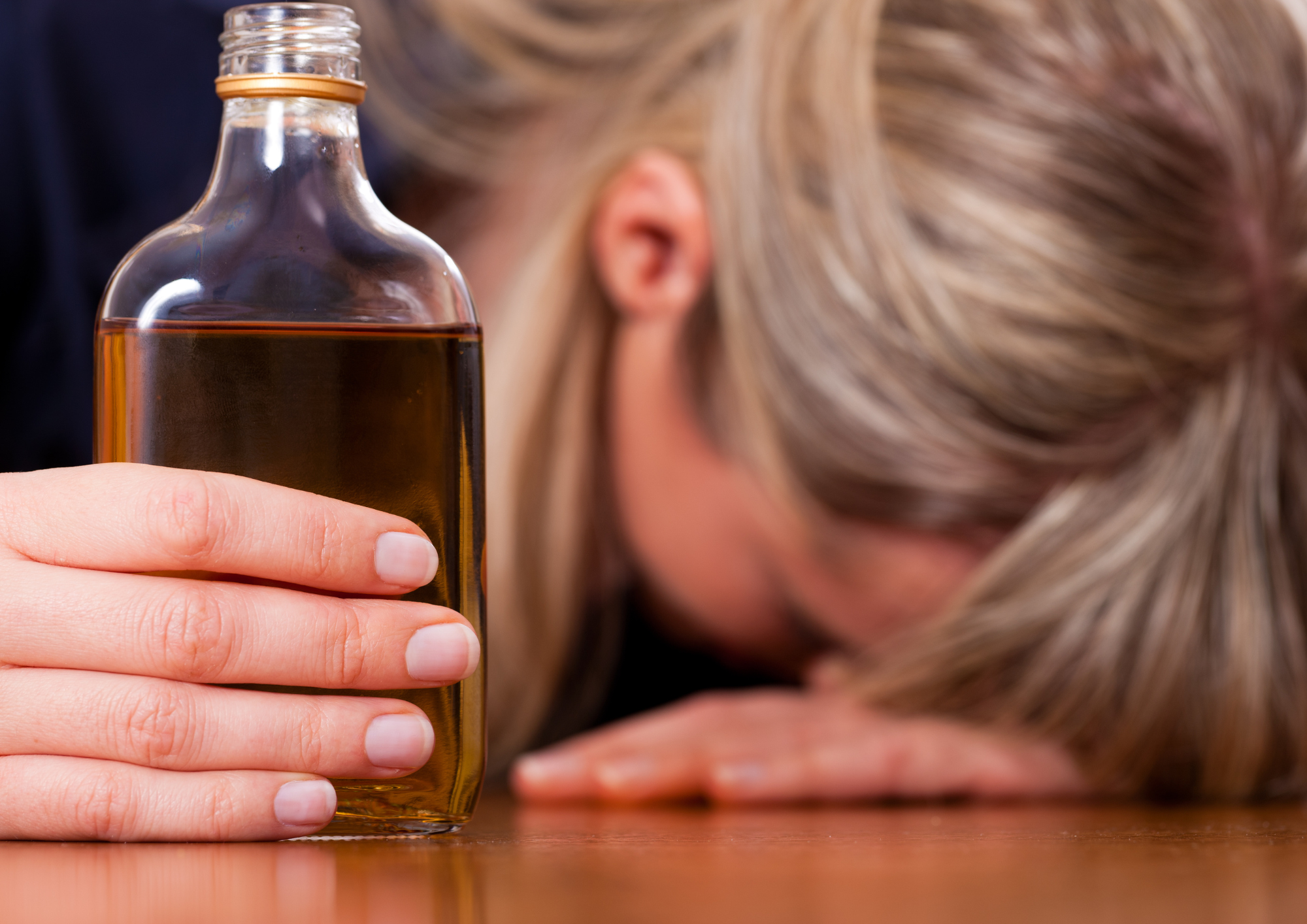Prevalence of depression in the UK
Depression is a common mental health condition in the UK, affecting a significant proportion of the population. According to data from the Office for National Statistics (ONS), in 2020, an estimated 19.2% of adults in the UK experienced some form of depression.
The prevalence of depression varies by age, gender, and other demographic factors. Women are more likely than men to experience depression, with an estimated 22.5% of women experiencing depression compared to 15.8% of men. The highest rates of depression were reported among young adults aged 16-29, with an estimated 29.4% experiencing depression.
The COVID-19 pandemic has also had a significant impact on mental health in the UK, with many people experiencing increased stress, anxiety, and depression as a result of the pandemic and associated restrictions. According to a mental health charity Mind survey, more than half of adults (60%) and over two-thirds of young people (68%) in the UK reported their mental health had worsened during the pandemic.

Symptoms and treatment
Some common symptoms of depression include:
- Feelings of sadness, hopelessness, or emptiness
- Loss of interest in activities once enjoyed
- Changes in appetite or weight
- Insomnia or excessive sleeping
- Fatigue or lack of energy
- Feelings of worthlessness or guilt
- Difficulty concentrating or making decisions
- Thoughts of self-harm or suicide
If you are experiencing any of these symptoms, seeking help is important. Depression is treatable, and many effective treatments are available, including counselling, therapy, medication, and lifestyle changes.
Cognitive-behavioural therapy (CBT) is a type of therapy commonly used to treat depression. It focuses on identifying and changing negative thought patterns and behaviours contributing to depression. Other types of therapy that may be effective for depression include interpersonal therapy (IPT), dialectical behaviour therapy (DBT), and psychodynamic therapy.
In addition to therapy, medication can also be effective in treating depression. Antidepressants work by changing the levels of certain chemicals in the brain that affect mood and may be used in combination with therapy for the best results.
Lifestyle changes can also be effective in managing depression. Regular exercise, healthy eating habits, and getting enough sleep can all help improve mood and reduce symptoms of depression.
Remember, depression is a treatable condition, and seeking help is the first step towards feeling better. If you are experiencing symptoms of depression, reach out to a mental health professional for support and guidance.
